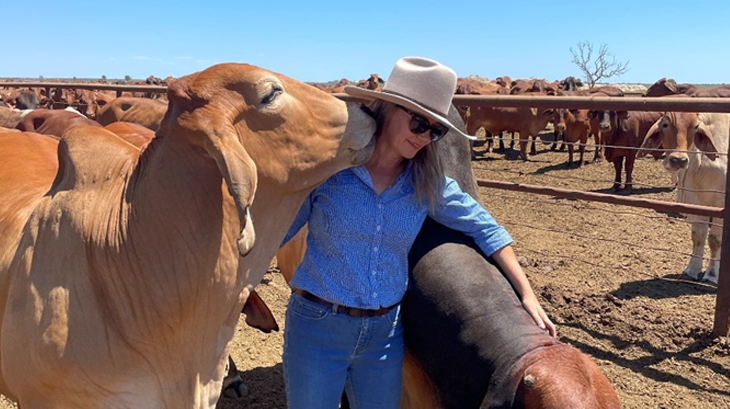Case study: The role of biosecurity in industry sustainability
May 24 2022

Highly regarded Australian livestock veterinarian, Dr. Tracy Sullivan.
- Biosecurity is critical to the overarching sustainability of the Australian beef industry.
- Leading vet says focus is required at both a national and individual farm level.
More information
Contact:
Jacob Betros
Resources: